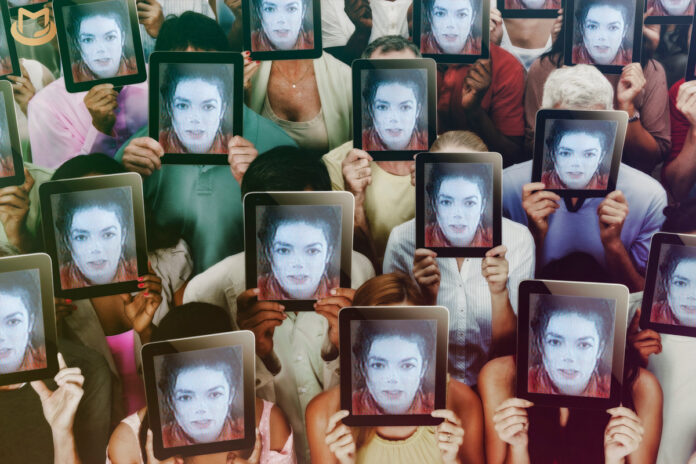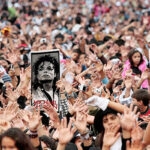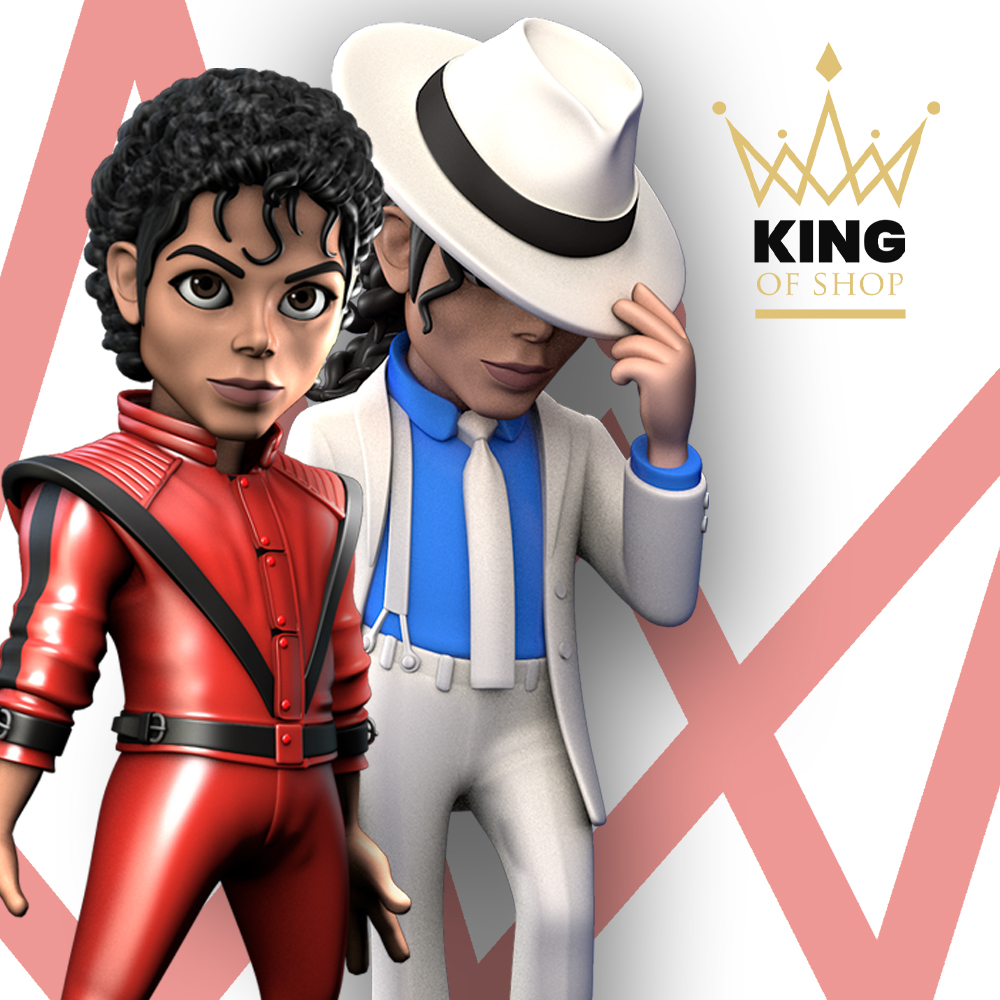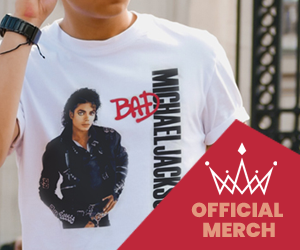Throughout the years, as Michael Jackson Fans, we all experienced and heard the same thing: “Crazy fans”.
The perception that fans are “Crazy” or overly enthusiastic can stem from several factors. Here a few reasons why some people may hold this belief:
Certain Michael Jackson fans may engage in extreme behaviors that catch public attention. This can include obsessive following, intense emotional reactions, or even disruptive actions. There extreme behaviors, often exhibited by a minority of fans, tend to garner more media coverage and contribute to the stereotype of fans being “crazy”.
This minority of fans is drawing attention to the most negative part of our community. Fans may face stereotypes and stigmas from people who do not share our enthusiasm. This can lead to dismissive or judgmental attitudes, labeling fans as “crazy” due to a lack of understanding or appreciation for our interests in the King of Pop.
With the huge influence of social media, which spread information or misinformation like a wild fire, fans who are actively being present online, are more visible to others. These visible displays, which can includes fans who dress-up like Michael on a daily basis, intense debates or being aggressive, may reinforce the perception that all fans exhibit such behaviors, even though they represent only a fraction of our community.
People tend to remember and focus on extreme or unusual instances that conform to their preconceived notions. This confirmation bias can lead individuals to exaggerate or generalize the behavior of fans, reinforcing the perception that all fans are crazy. It is important to note that, like any fan community, Michael Jackson fans can also face negative stereotypes and stigmatization. Due to the controversies and allegations surrounding Michael Jackson’s personal life, some people may view his fans as blindly loyal or in denial of the allegations against him.
But a huge factor is the Media Portrayals. Media representations of Michael Jackson fans often emphasize the most extreme and exaggerated aspects of our fandom. Characters depicted as fans are sometimes shown as obsessed, irrational, or socially awkward, reinforcing the notion that fans are “crazy” in the eyes of the general public.
There are still good representations of the Michael Jackson Fan community! Despite the above, Many people perceive us as highly passionate and dedicated to Michael. We are often seen as deeply connected to his music, performances and his overall legacy. Michael Jackson fans have been known to fiercely defend his reputation and legacy. We often challenge negative portrayals or allegations against him, feeling a strong sense of loyalty and protectiveness towards our idol. But mostly, Michael Jackson fans are often seen as highly knowledgeable about Michael’s life, career and music. We may delve into intricate details of his albums, performances, and personal life, displaying a level of expertise and attention to detail that is admired by some and seen as excessive by others.
Psychological studies of fans tell a very different story from this narrative of craziness. While every fandom has its extreme fringes, in the vast majority of cases, being a fan – and particularly being part of a fandom – appears to have a remarkably positive influence on people’s lives.
It is hardly surprising that fandoms have a normalising effect on behaviour, for they fulfil an ancient human imperative: the need to be part of a group. The groups we belong to – family, friends, neighbours, colleagues – are an essential part of who we are. They give us companionship, purpose and a sense of security, and allow us to do things we wouldn’t do on our own. Fandoms are social groups like any other. They connect us with people who share our interests, and they give us the courage to follow our convictions. It’s safe to be different, weird or nerdy with your fellow fans as you’re all in it together. Studies have found a “psychological dividend” for mental wellbeing and self-esteem among fans. The fact that many know each other exclusively online doesn’t seem to diminish the strength of their bonds.
Psychologists refer to this group effect as the “social cure”. It is not the only way people benefit from fan culture. For many, their idol becomes a role model, someone they seek to emulate or who represents an attitude or way of being that might previously have seemed closed to them. Often we are drawn to people whose experience or outlook reflects our own.
The studies shows that being part of a fandom provides a sense of community and belonging. Fans can connect with like-minded individuals, join fan communities, attend events, and engage in shared experiences. This social interaction can foster friendships, support networks, and a sense of belonging. It can also contribute to the formation and expression of one’s identity. It allows individuals to explore their interests, passions, and creative outlets. Engaging in fan activities such as cosplay, fan art, or fan fiction provides opportunities for self-expression and personal growth. Being a fan of certain individuals or entities can serve as a source of inspiration. Fans may find motivation in the achievements and qualities of their idols or admire the values and messages conveyed by the object of their fandom. But mostly, being a fan can bring joy, entertainment, and a sense of excitement to people’s lives. It offers opportunities for relaxation, escapism, and emotional fulfillment through the enjoyment of the fandom.
Michael Jackson’s fan base spans across various demographics, cultures, and geographical locations. The fan community is often perceived as diverse, encompassing individuals of different ages, backgrounds, and nationalities. This global reach has contributed to the longevity and enduring popularity of Michael Jackson’s music.
Those studies just show that Michael Jackson fans are just normal people with a more equipped sense of community, empathy and love.
So next time someone tells you that you are just a crazy fan, remember that you have a more fulfil life than the person telling you that! FACT!








Of course we fans are called crazy because we don’t believe these allegations. We fans have to believe and think what many say about Michael Jackson, if you don’t you’re crazy in their eyes. MJ haters are to blame for this whole situation, comparing Michael Jackson to any criminal and hoping for many more victims to come forward and sue the Estate.
The main culprits are the media with their crazy reports for decades. Pure mass manipulation.
What should the fans do, keep silent about it like nothing is happening, because it annoys people like that the most when they don’t get any attention? Many reject fandom in general and call it crazy to be a fan of an artist.